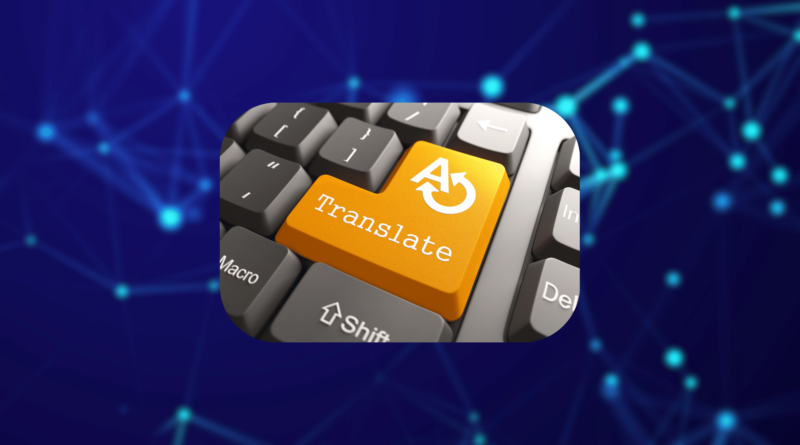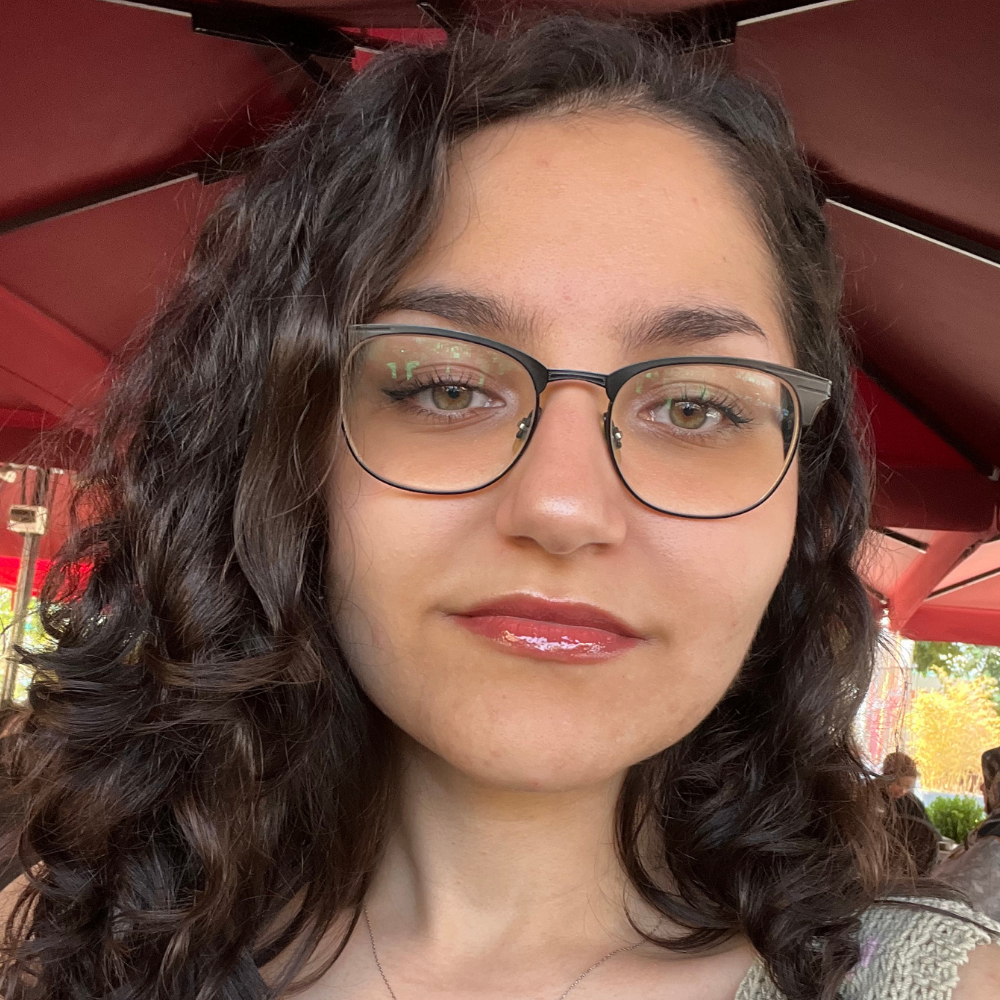Adapting to the Evolving World of Translation
Adapting to the Evolving World of Translation

I am a second-year student at Karadeniz Technical University. This semester, in addition to the Advanced Translation course I normally have, a new translation course has been introduced. This new course, titled “New Trends in Translation,” aims to help us adapt to the fast-changing world of translation in the 21st century. This course offered me the chance to explore how artificial intelligence and digital innovations are shaping translation. It also helped me understand the impact of these developments on the profession while giving me practical experience with modern tools. The constantly updated content ensures that I stay informed about the latest trends and technologies. Even though it is not one of my elective courses, I also joined this newly introduced course this semester.
I want to share some of what I have learned. This course helped me understand how new technologies are shaping the field of translation. I discovered that in addition to traditional translation methods, translators today need skills beyond just language proficiency. In today’s world, what you learn in school is not enough to have a good career. The times when people could secure a lifelong career with just one skill are now gone. We see a lot of different examples of this because companies want more and more every day. If you don’t have the skills that set you apart from the others and take a step further, it can be easy to fall behind.
Knowing only English as a second language is not enough. You need to know and should be able to use your native language and English but also should start learning other languages. Knowing languages other than English enables you to communicate with a wider range of people, breaking down barriers and building connections across cultures. Maybe you think that knowing English is enough for you, but many others might also know English very well, and they are going to be applying for the same jobs as you are. What is making you stand out in a situation like that? What do you have to offer?
Especially with the development of AI, many different job opportunities are waiting for us, but of course, these jobs require more than just knowing. If you don’t know how to use a basic tool, like an application as simple as Word, the chances of getting hired just because you’re good at translation and being taught the rest are low. If there are people who can already handle these tasks, they will be prioritized. For a long time now, there has been debate about whether human translators will be replaced with advancing technology. Instead of viewing innovations and tools like machine translation and other neural networks as threats, we should see them as an opportunity. We should get ready for this new world instead of hiding from it.
Even though machines are powerful, they still struggle with nuance, tone, and creativity. This also leads to the emergence of new jobs, such as language engineers, data annotators, AI trainers, and content managers. These new jobs are often created to bridge the gap between what machines can do and the understanding required by humans. For example, an AI designer plays an important role in shaping how artificial intelligence interacts with humans. They make a bridge between technical functionality and human experience. They are ensuring that AI is not only efficient but also culturally aware. Their work involves a deep understanding of human behavior, and linguistic nuances paired with technical skills.
These jobs that entered our lives with the new developments require us to have solid oral and written communication abilities, pay attention to details, and have a familiarity with AI/chatbot platforms, content creation, editing, etc. If you think that just because you are good at one of them, it will be enough for you, you are mistaken.
I can give another job example, and it is content specialist. They are responsible for creating and managing engaging materials that connect brands with the target audience. It involves more than just writing; they also involve crafting content strategies, optimizing search engines (SEO), research skills, and analyzing audience behavior. Whether it is developing a blog post or producing social media campaigns, they need to align the company’s goals with the preferences of the audience. As you can see, even in this job alone, to be successful, you need to be good at a variety of different topics.
You can also try to think about what you are talented in already, some translators can specialize in niche areas based on their interests and expertise. For example, if you are passionate about video games, you can focus on game localization, and that could be your promising path. Game translations require a deep understanding of both language and the specific cultural context of the target audience. In addition to linguistic skills, the job also involves adapting dialogues, humor, and references to suit the local cultures of the target audience. You need to do all of that while maintaining the intended meaning. For example, in the game Fortnite, there is a character named “Peely.” When the game was being translated into Turkish, they translated it as “Muzaffer.” Such changes show a person’s creativity in adapting characters to different cultures. Developing expertise in a niche field can provide a new world for you. It would open up a variety of professional opportunities. The important thing is to be able to identify the gap in which you are skilled.
Don’t let these things I said discourage you, because everything is possible if you want it enough. How you approach this situation changes everything. If you let fear hold you back and run from challenges, it will lead you nowhere. The key is to adapt to these changes, develop the right skills, and use technology for your own advantage rather than letting it overpower you. In today’s world, learning is not limited to school or university, it is a lifelong process. People are looking at your potential, rather than what you currently have. With the new industries evolving around us, to stay relevant you need to update your knowledge constantly. This lifelong learning meaning doesn’t only mean learning technical skills but also critical thinking and problem-solving abilities. This can be through online courses and formal education, and if you are committed to growth, you will thrive in any environment. To see these opportunities, you need to keep your eyes open and stay receptive to change and new experiences. Your mindset plays a crucial role in navigating these changes.
References:
- https://www.researchgate.net/publication/366549931_The_Language_Engineer_A_Transversal_Emerging_Role_for_the_
Automation_Age
- Some of the information, such as job descriptions and the tasks these jobs involve, was generated with the assistance
of an AI model.
- The portion of the text related to the course content is based on the course outline prepared by our instructor, Asst. Prof. Dr. Muhammed BAYDERE, before the start of the academic year.





